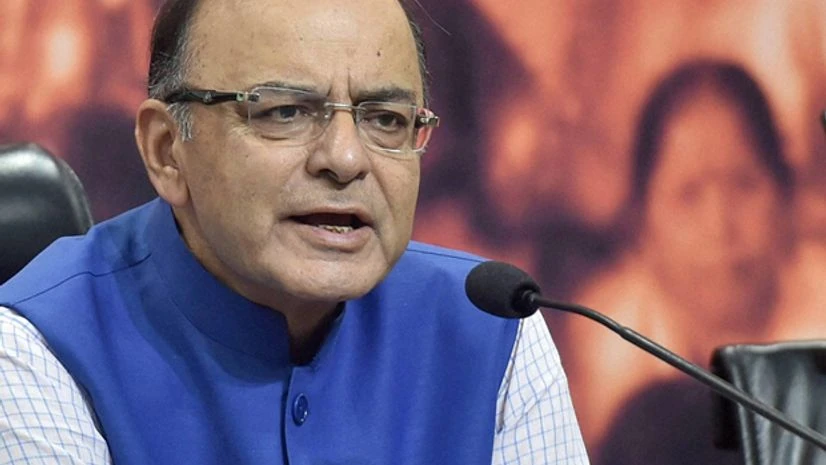As prices of pulses, particularly tur, continued to remain above Rs 200 a kg in some retail markets, the central government said 41,000 tonnes of pulses have been imported or recovered from hoarders in recent days, leading to an ease in supply.
About 36,000 tonnes have been recovered from hoarders in 3,290 searches by state governments in the past three days (23,340 tonnes from Maharashtra alone) and 5,000 tonnes of imported pulses have arrived, finance minister Arun Jaitley, who heads an inter-ministerial group to monitor the situation, told reporters after its meeting, the second in a week. Another 3,000 tonnes of imported pulses would soon come, he added.
Tamil Nadu has demanded 500 tonnes and Andhra Pradesh 1,500 tonnes, he said.
In Delhi, tur is available at Rs 120 a kg in 380 Safal stores and 103 Kendriya Bhandars, the minister said. He said the recovered quantity from hoarders would be offloaded shortly, and more searches carried out. "I would urge states to make a case against big hoarders. Penal action would be taken against them," he said.
It should be noted, though, that 44,000 tonnes of additional supply, including 3,000 tonnes of imports which would come shortly, is only 2.2 per cent of a total estimated shortage of about two million tonnes.

Jaitley said production had come down in India and in the countries we usually import from - Malawi, Mozambique and Myanmar. "Besides, hoarders have hoarded large quantities. It was unfortunate that most states were doing nothing and it was only after we urged them that they carried out raids in the past three-four days."
Earlier in the day, the cabinet also reviewed de-hoarding measures by state governments and ways to boost supply to control rates during the ongoing festive season.
The Centre has said it would create a buffer stock of 40,000 tonnes, sell imported pulses at cheaper rates and has imposed stock limits on traders, departmental stores, licensed food processors, importers and exporters.
After all these measures and raids, prices have started falling. The wholesale price of chana in the Delhi market fell 4.9 per cent to Rs 51.13 a kg. In Akola in Maharashtra, tur dal's price fell nine per cent to Rs 120 a kg and urad in Latur, Maharashtra, by 5.2 per cent to Rs 127 a kg. However, the impact is yet to hit the retail market.
In fact, the trade says, raids and other measures are unlikely to help bring down prices of tur and urad dal because there is genuine scarcity of these pulses.
Bimal Kothari, vice-president of India Pulses and Grains Association, said: "In the next three months, 2.5 million tones of imported pulses are likely to land at Indian ports. However, of this, a million tonnes is yellow peas, 500,000 tonnes each of chana and lentils. Tur, urad and other pulses constitute only 500,000 tonnes. This is because there is also a global scarcity of these two pulses."
He explained in Maharashtra stock limits are acting as a hindrance and not allowing prices to calm down. At Mumbai port, 250,000 tonnes of yellow peas and lentils had arrived but could not be lifted as this would attract the new stock limits. "Indian importers have tried getting tur and urad from wherever possible but global scarcity will keep the prices of these commodities high. They will fall only after other varieties like chana, peas and lentils fall."
In India, the first crop of urad has arrived and the next crop will come in February. The next Indian crop of tur will arrive in markets in December.

)
